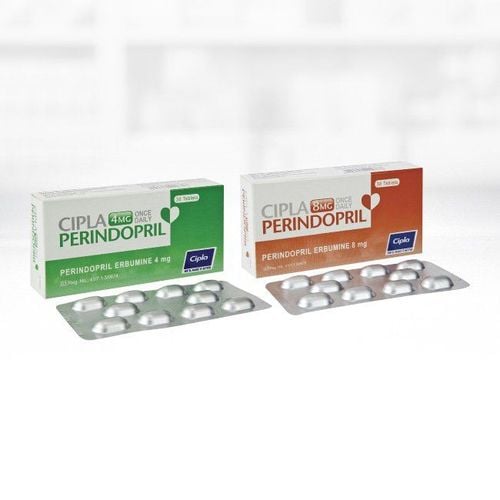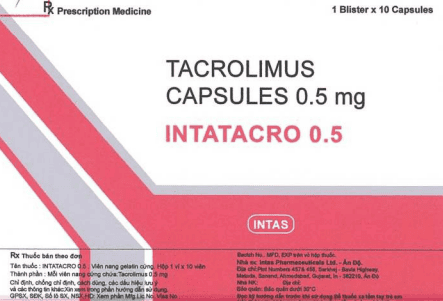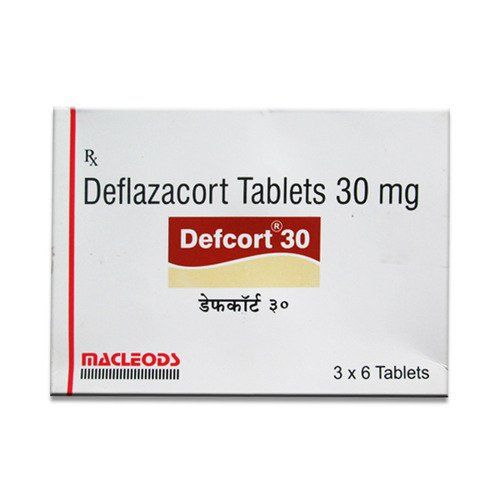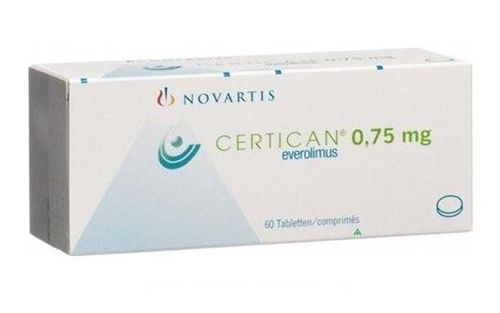This is an automatically translated article.
Article by Pharmacist Bui Thi Thanh Ha - Clinical Pharmacist - Faculty of Pharmacy - Vinmec Times City International Hospital
1. What is a heart transplant? How long does a heart transplant last? A heart transplant is surgery to replace your heart with a healthy heart. It is the treatment of choice for patients with end-stage heart failure despite optimal medical therapy. The first heart transplant was successful in 1967. Today, more than 5000 heart transplants take place every year around the world. However, because the number of qualified hearts to be donated is quite limited, every year, more than 50,000 people are still waiting for a heart transplant.
2. When (why) do you need a heart transplant? You may need a heart transplant if you have severe heart failure. Heart failure is a condition in which your heart does not work as it should and causes symptoms of shortness of breath, fatigue, limited exertion (due to shortness of breath and fatigue), and swelling of the legs, abdomen, or body. Before you need a heart transplant, your doctor will treat you with other methods. Only when other treatments have failed will you be advised to have a heart transplant.
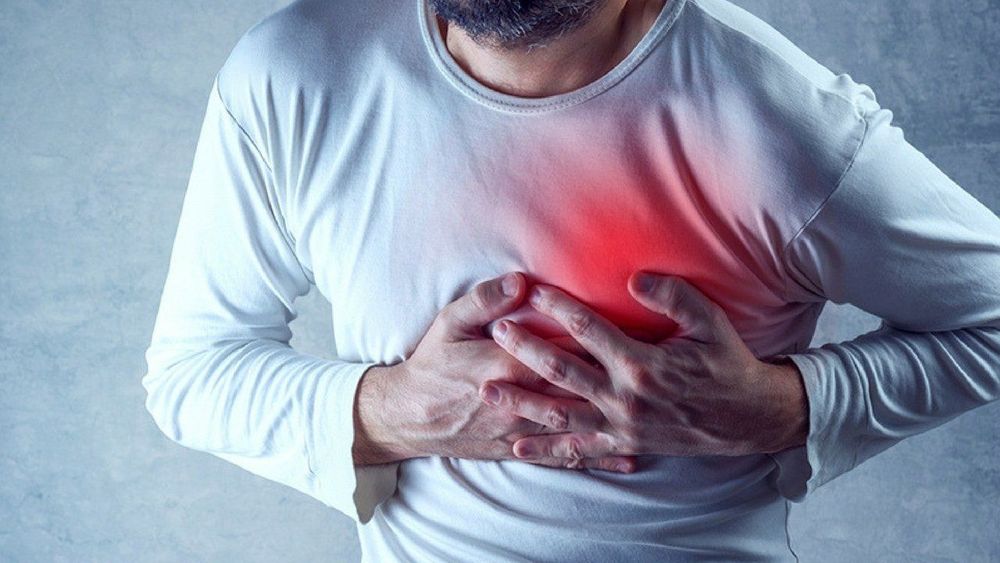
3. What will you go through before heart transplant surgery? Before a heart transplant, you will need to go through several steps. First, you will have an exam, blood tests and imaging tests. Your doctor may ask you about the medications you are taking, your habits (eg smoking, drinking, etc.), family information and other related issues. The doctors in the heart transplant center will work together to find the best treatment and surgery for you.
You may also have a device inserted into your heart to help your heart work better. That device is called a left ventricular assist device. Some patients have left ventricular assist devices placed before heart transplantation. Some other patients received a left ventricular assist device as an alternative to a heart transplant.
Before a heart transplant, you need to be screened for certain conditions. Your doctor will re-evaluate whether your heart is truly unresponsive to any other therapy. Whether you have other health problems such as cancer or a serious infection. You will be asked to commit to giving up smoking, alcohol and other drugs, as these will adversely affect your new heart. And it's extremely important that you be ready to take medication for the rest of your life after surgery.
If all the required and necessary conditions are met, your information will be recorded and the doctors will notify you when the most suitable heart for you is available. In the meantime, the doctors will monitor your health carefully, any changes related to the necessary conditions will be recorded.
4. What happens after a heart transplant? After surgery, most patients will be treated in the hospital for a few weeks before returning home. At the hospital, your doctor will monitor you closely and perform tests and imaging to make sure your new heart is working properly.
Once stabilized, you will still be monitored on an outpatient basis with regular visits, tests, and imaging tests by appointment with your doctor.
You need to take your medicine exactly as prescribed by your doctor for the rest of your life. The most important in the prescription are the "anti-rejection" drugs. When a new heart is transplanted into your body, normally, your body will treat it as a foreign object and attack to eliminate the foreign object. Anti-rejection drugs affect your immune system and help your immune system accept your new heart. These medications can change over time, and your doctor may consider reducing the amount and dose of each medication after a period of treatment. You must not add, remove or change the dose of the drugs on your prescription.
In addition to anti-rejection drugs, you can use drugs to help prevent bacterial, fungal, and viral infections; long-term cardiovascular risk-reducing drugs and certain other adjuvant agents.
Regular monitoring and adherence to treatment will help you keep your new heart more stable and lead a happier, healthier life.

5. Possible Adverse Effects After Heart Transplant Usually, artificial heart transplant surgeries happen smoothly, patients can return to normal life. However, some problems can occur after a heart transplant, including problems that occur immediately after a heart transplant and problems that can occur many years later.
The most serious is transplant rejection. Despite taking anti-rejection drugs, in some patients, their body still attacks and rejects the new heart. Or the blood vessels in the new heart narrow. Or adverse effects of antirejection drugs may occur, including short-term effects, occurring relatively soon after heart transplantation such as increased risk of infection and long-term effects, occurring many years later. heart transplant as increases the risk of certain cancers.
Follow Vinmec International General Hospital website to get more health, nutrition and beauty information to protect the health of yourself and your loved ones in your family.
Please dial HOTLINE for more information or register for an appointment HERE. Download MyVinmec app to make appointments faster and to manage your bookings easily.






